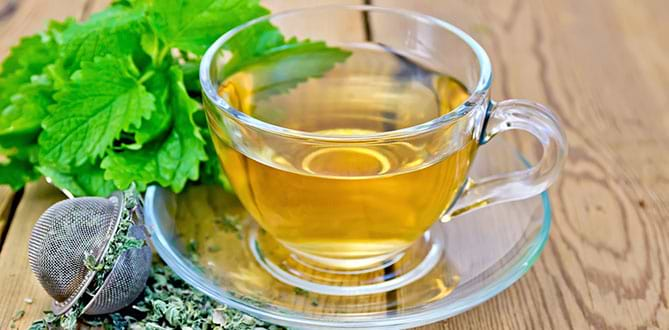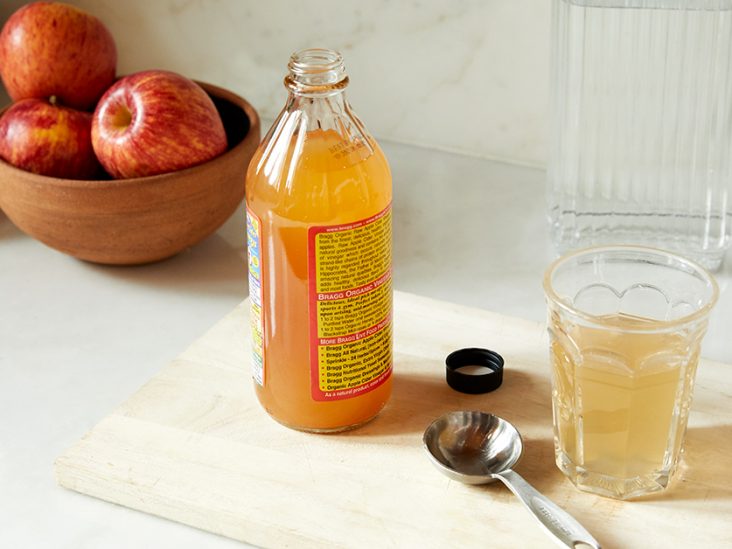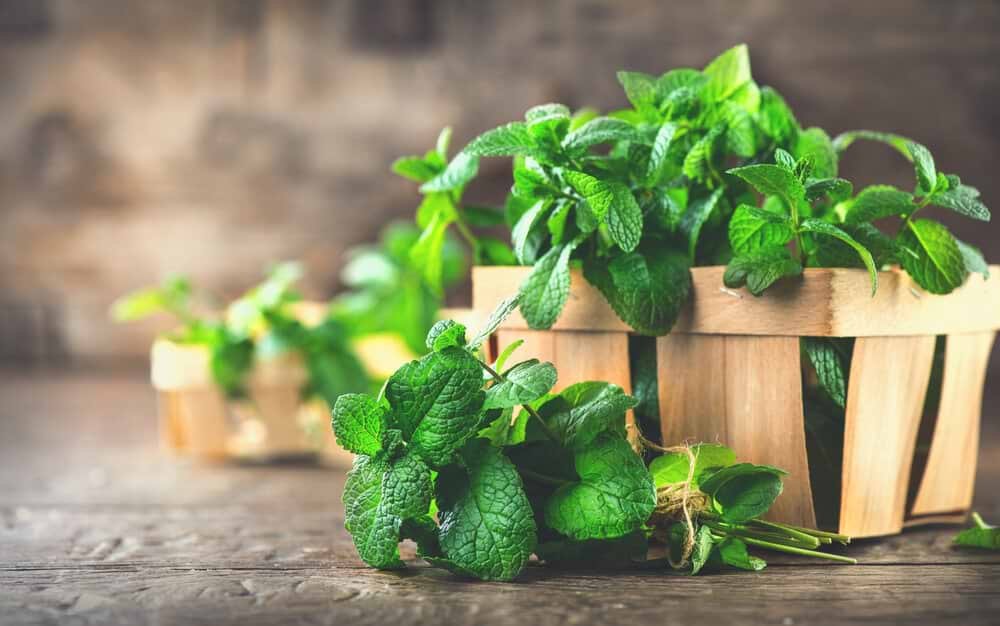Digestion impacts every other function in the body. You've heard the saying, "You are what you eat," but in terms of health, you are what you eat, digest, and absorb! With aging often comes digestive complaints. As we age, our bodies reduce production of important digestive juices (hydrochloric acid or HCl), limiting our ability to break down food properly.
When we don't properly digest proteins, fats, and carbohydrates, the absorption of vitamins and minerals is compromised. The very acidic environment of the stomach is necessary for the absorption of such alkaline minerals as calcium, magnesium, and zinc. Reduced absorption of these and other nutrients can negatively impact bone health, cardiovascular health, and brain health, to name a few!
Additionally, gastrointestinal muscles slow down, leading to symptoms such as heartburn and constipation. In short, all body systems rely on healthy digestion to function properly. We can't stop aging, so what can we do to support healthy digestion into our golden years?
Well, to start, I can't emphasize the importance of probiotics enough! These friendly bacteria, found in our gastrointestinal tract, are found in fermented foods such as kimchi, sauerkraut, kombucha, and pickles. Supplemental probiotics are a great idea for anyone with compromised digestion. For those suspecting low levels of HCl, apple cider vinegar has a very low pH and can help balance the pH of the stomach.
Which brings me to herbs! Most cultures throughout the world have a history of beginning meals with the taste of something bitter: an arugula salad or a shot of Campari, for example. The taste of bitter on the tongue stimulates the secretion of digestive juices, particularly bile. Bile is necessary for the emulsification of fats (think pre-digesting fats to be broken down farther by digestive enzymes). The problem is that we as a society have drifted away from consuming bitter foods.
Herbal tinctures of bitters offer an easy alternative. Herbs like gentian, Oregon grape root, and orange peel are known for their bitter taste. By supporting the secretion of bile, bitters support liver and gallbladder health. They can also support a healthy weight. Oregon grape root also supports a healthy microbial balance in the gut. By supporting the digestion of fats, fat-soluble nutrients like vitamin A, E, and K are better absorbed.
So, start your meals with bitters to kick-start your digestive system! But what if you get digestive discomfort after a meal? In optimal health, it can take approximately twenty minutes to digest a capsule or tablet, but with compromised conditions, it can take longer. Liquid extracts offer in-the-moment relief! The blood vessels under the tongue are close to the surface, pulling the constituents of the herbs into the bloodstream quickly. Liquids are faster to absorb than capsules or tablets, which can be extra work for the body to break down. Conventional products for digestion often worsen the situation in the long run or interfere with nutrient absorption.
Just as we can experience inflammation in various areas of the body, the gastrointestinal tract can also become red, hot, and inflamed. In Chinese medicine, the standard approach is to apply the opposite: something cooling. Peppermint is a digestive herb that provides a cool and soothing affect for the gut. Flatulence can be embarrassing. The carminative action of fennel relieves gas and bloating. Fennel is not only a delicious vegetable, but a wonderful digestive herb that's been used for centuries as an after-meal digestive.
Ginger is perhaps the best-known digestive food and herb. It stimulates enzyme production and can help with proper breakdown of foods, particularly fats. Catnip has long been used for digestion. While we typically think of it as a feline herb that drives cats crazy, catnip is very calming to humans, particularly for digestion. Digestive wellness begins with the foods we eat. Liquid herbal extracts are foods with powerful tonic effects for the digestive system. They provide fast relief while strengthening the digestive process and supporting optimal health into our late years.
References
- Team, Digestive Health. "Aging and Digestive Health: 6 Factors to Watch For." Michigan Health Blog, 29 June 2016.
- Axe, Josh. "5 Steps to Naturally Heal Low Stomach Acid." DrAxe.com.
- "Mountain Rose Herbs: Catnip." Mountain Rose Herbs.
Writer Danielle Cicak is the Northern Colorado and Wyoming Sales Representative and Regional Educator for WishGarden Herbs located in Louisville, Colorado. In 2003, Danielle began her career working in the supplement aisles at Natural Grocers. Inspired to help others with their health and wellbeing, she pursued an education in holistic nutrition from the Nutrition Therapy Institute in Denver, Colorado. As a Master Nutrition Therapist (MNT), Danielle served as a Nutritional Health Coach (NHC) before advancing to become the NHC Development Specialist where she led and developed the NHC training program for Natural Grocers. As a Colorado native, Danielle is thrilled to work with another local, family-owned business that promotes health and activism through education: WishGarden Herbs! In her free time, she enjoys spending time with family and friends, creating healthy dishes in her kitchen, and enjoying the beauty Colorado has to offer!
For educational purposes only. This information has not been evaluated by the Food and Drug Administration. This information is not intended to diagnose, treat, cure, or prevent any disease, or to sell any product.
Recommended Products
Further Reading















